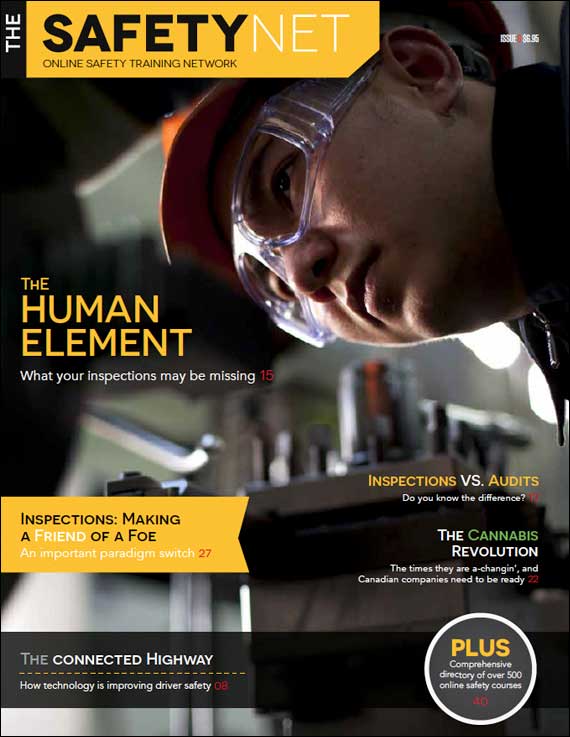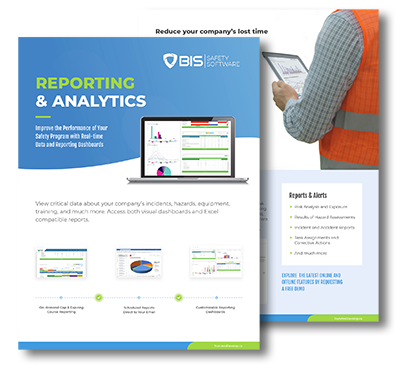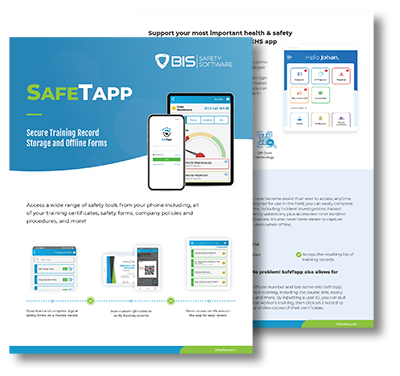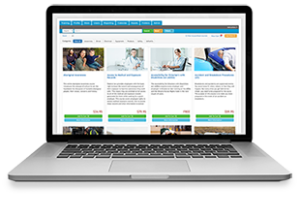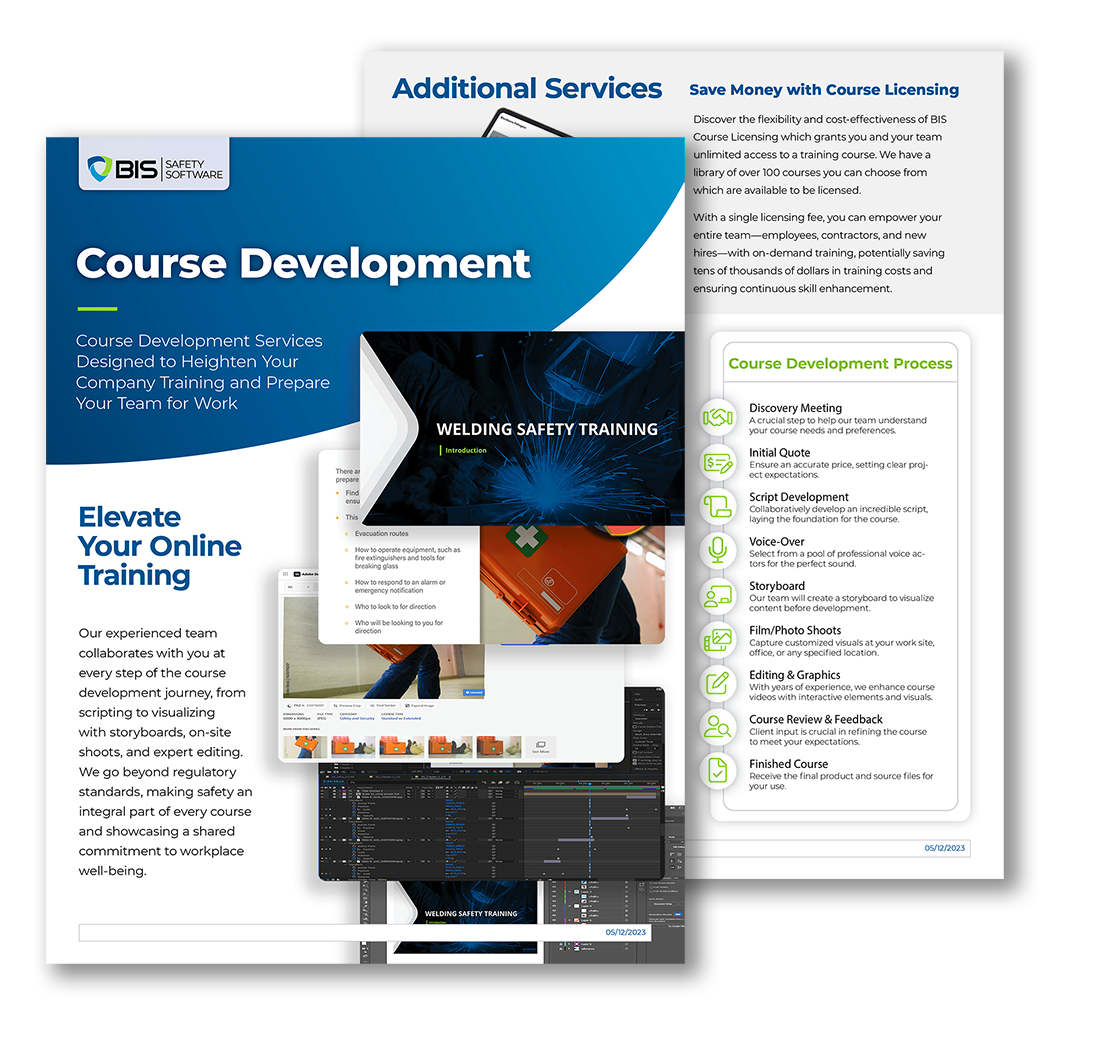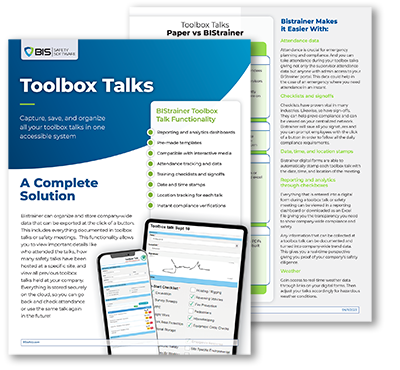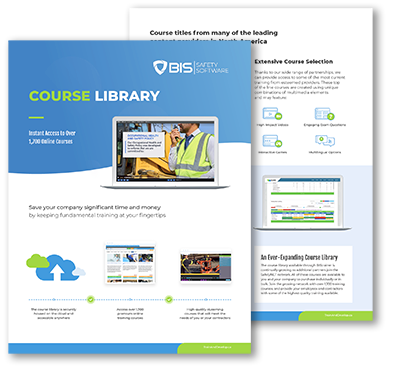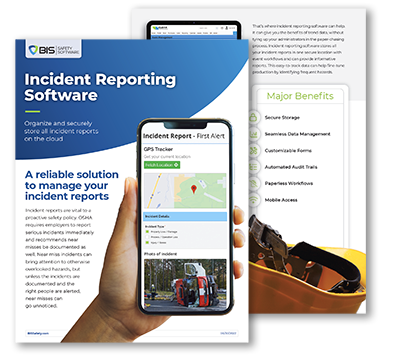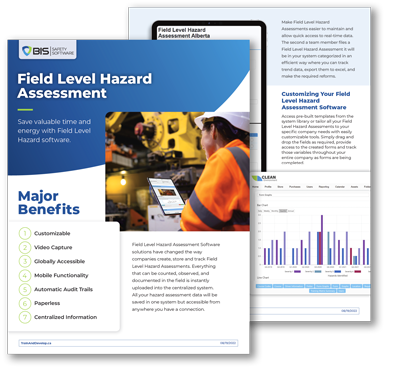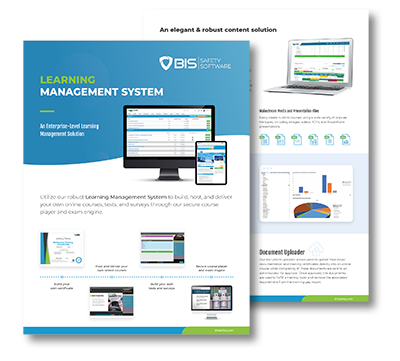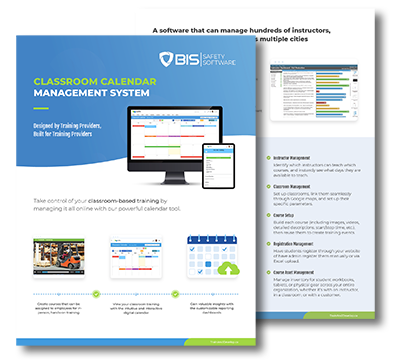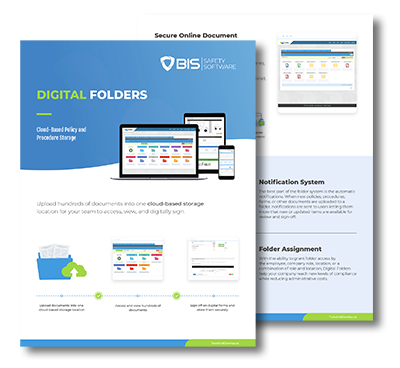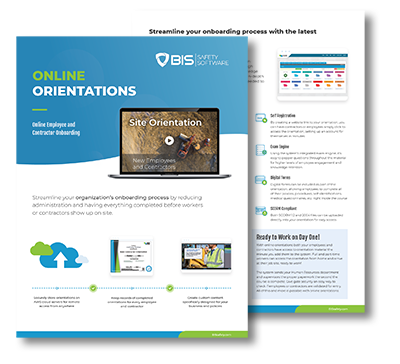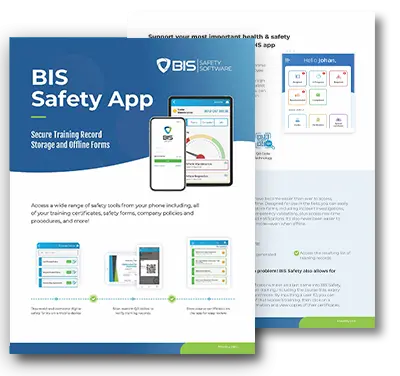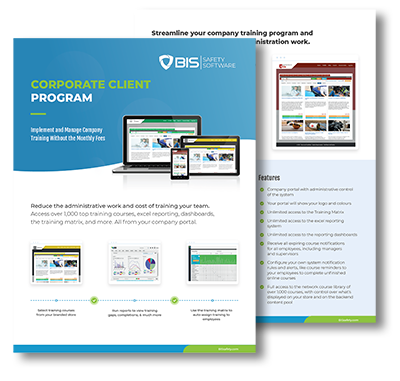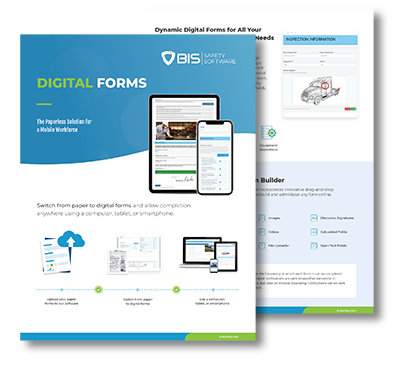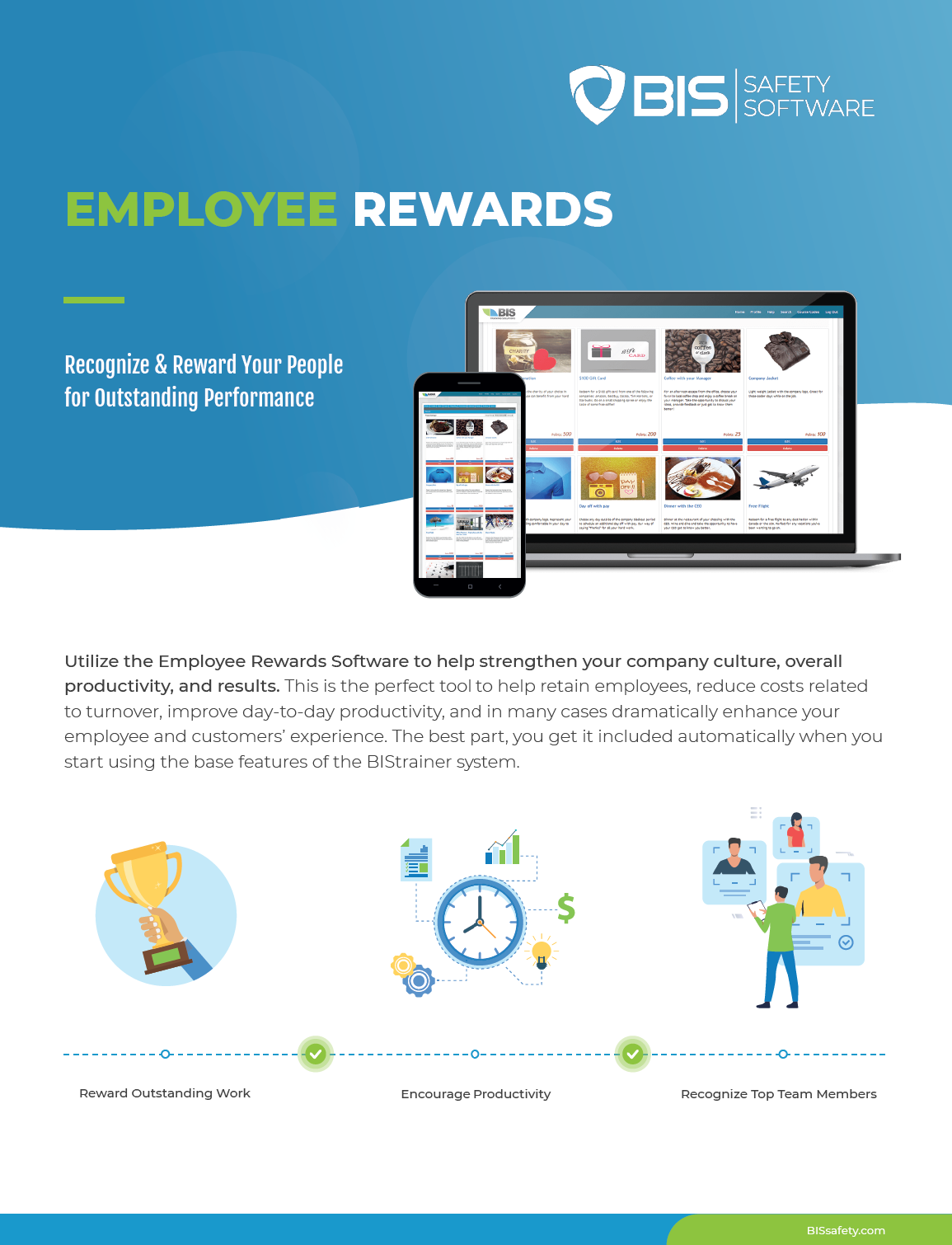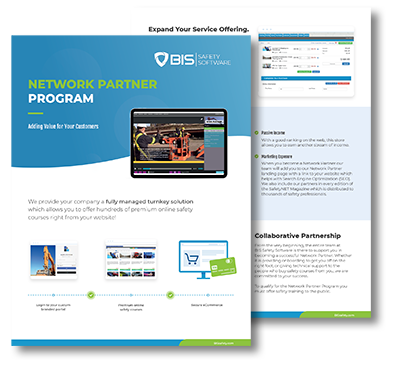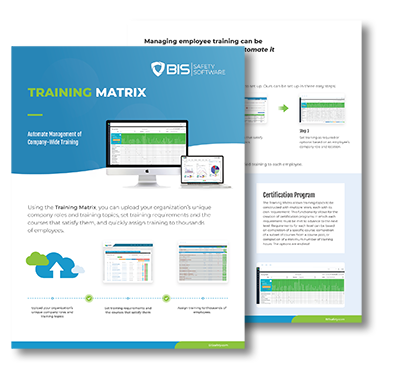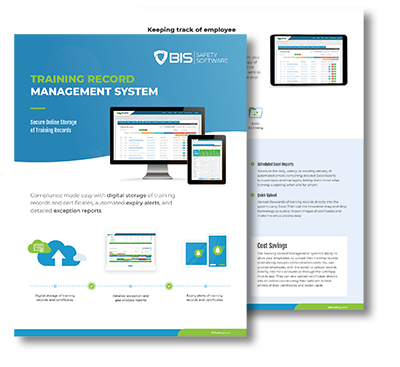
Course details
Fatigued Driving Prevention
Course Overview
Every driver wants to arrive home safely. However, a driver's job, family, and friends, can be hard to balance with getting enough sleep, eating right, and exercising on a regular basis. Increased awareness of the importance of sleep and the dangers of fatigued driving can help a driver make proper rest and well-being a priority. This course is designed to help drivers recognize the value of adequate sleep and its impact on driver fatigue. Specifically, it covers the warning signs, causes, and effects of fatigue, as well as strategies and tips learners can use to avoid fatigued driving.
Topics Covered
Introduction _x000D_- _x000D_
- Introduction _x000D_
- What You'll Learn _x000D_
- _x000D_
- What is Fatigue? _x000D_
- The Definition of fatigue _x000D_
- Internal or physical causes of fatigue (poor nutrition, lack of exercise, lack of proper sleep, low circadian, drinking alcohol, some medications, untreated sleep disorders) _x000D_
- Environment-related causes of fatigue (loud noises, bright lights, time on task, time pressure, poor weather and road conditions, vehicle breakdowns, long-haul driving, changing time zones, etc.) _x000D_
- Effects of Fatigue _x000D_
- Physical effects (slowed reaction time, less attentive, clumsy movements, yawning, blinking frequently, heavy eyelids) _x000D_
- Mental and emotional effects (decision making abilities, difficulty remembering) _x000D_
- Signs of fatigued driving (missing your exit, drifting, hitting a rumble strip) _x000D_
- _x000D_
- _x000D_
- _x000D_
- How Much Sleep is Needed? _x000D_
- Average adult needs 7 to 9 hours of sleep per night _x000D_
- Causes of Poor Sleep _x000D_
- Diet and pre-sleep habits (caffeine, eating before bed, too much light, watching tv, using cellphones or tablets before bed) _x000D_
- Effects of medication and alcohol (some medications can cause poor sleep) _x000D_
- Sleep disorders (Sleep apnea, narcolepsy, restless leg syndrome, and insomnia) _x000D_
- Benefits of Proper Sleep _x000D_
- Physical (strengthens immune system, our bodies heal, strengthens bone and muscle) _x000D_
- Mental (mentally alert) _x000D_
- Performance (improved response time, decision making) _x000D_
- Strategies to Prevent Fatigue on the Road _x000D_
- Transitioning back to the road _x000D_
- Differences between getting proper sleep at home and getting proper sleep on the road _x000D_
- Take breaks (reduce time on task) _x000D_
- Keep a regular schedule (night versus day driving) _x000D_
- Control the vehicle environment (temperature, no distractions, proper seating, proper lighting) _x000D_
- What if You are Fatigued? _x000D_
- Stop driving (get off the road, take a nap before getting back on the road) _x000D_
- _x000D_
- _x000D_
- _x000D_
- _x000D_
- _x000D_
- _x000D_
- Summary _x000D_
This course takes approximately 20 minutes to complete
A passing grade of 80% or higher required. Up to 3 attempts are provided.
A certificate will be provided upon the successful completion of this course















